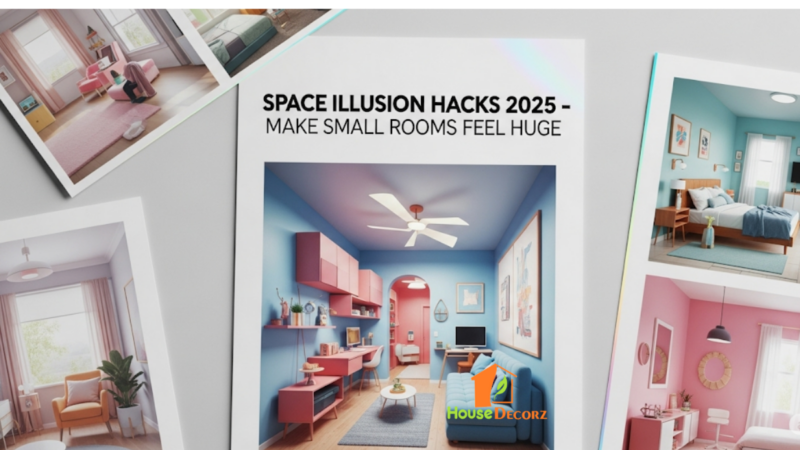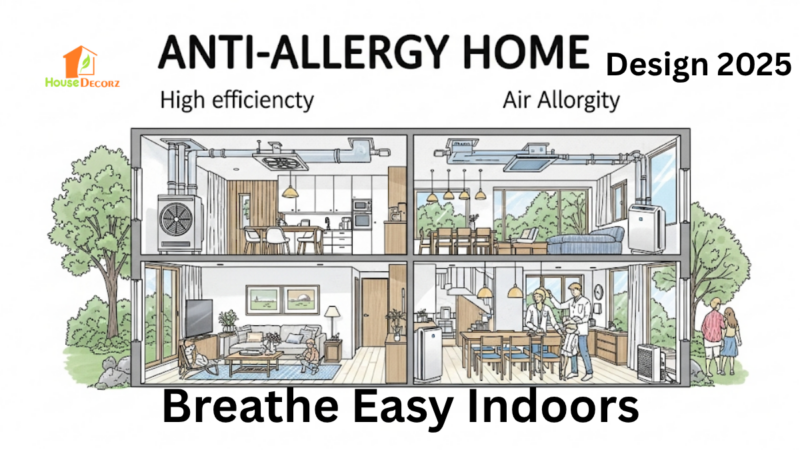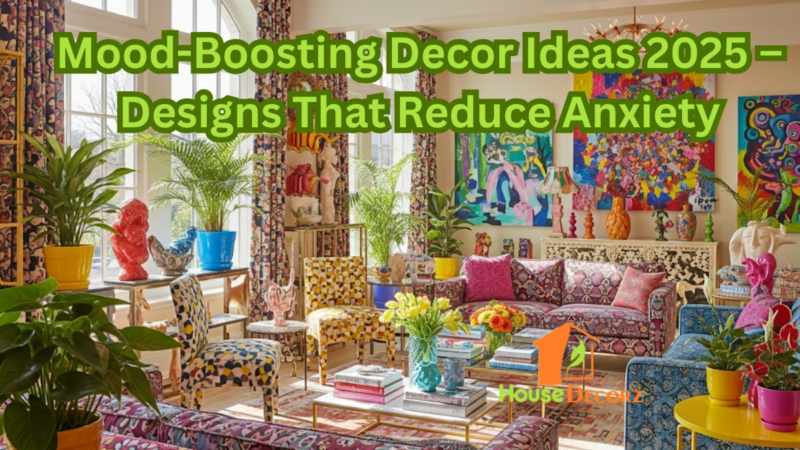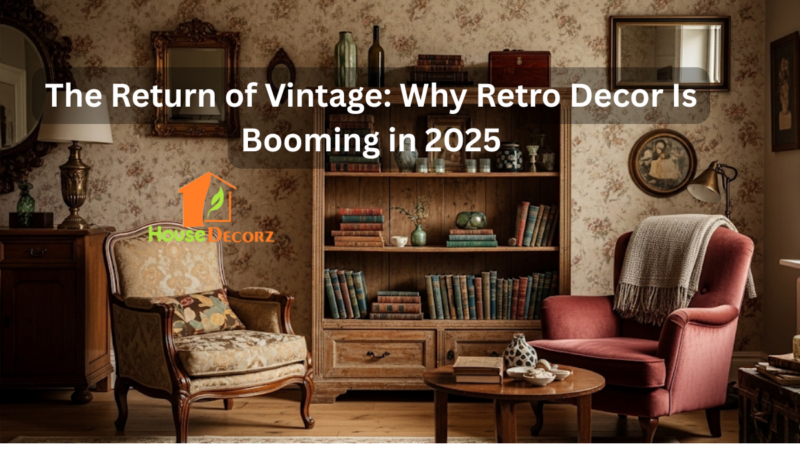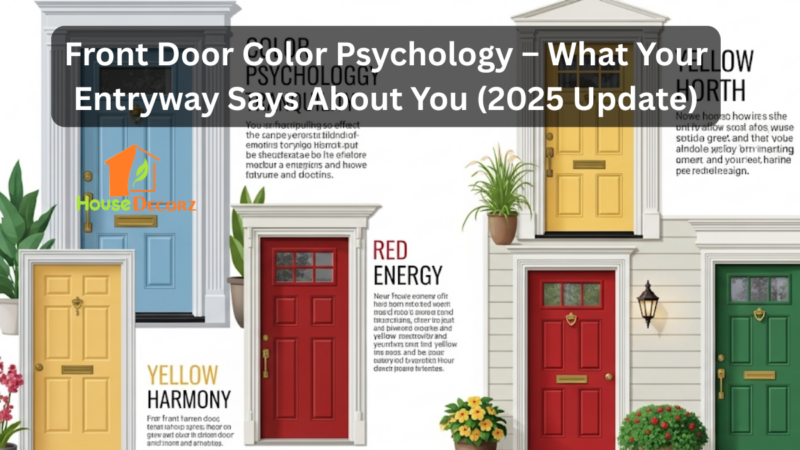Top Smart Home Technologies Revolutionizing Canadian Homes in 2025
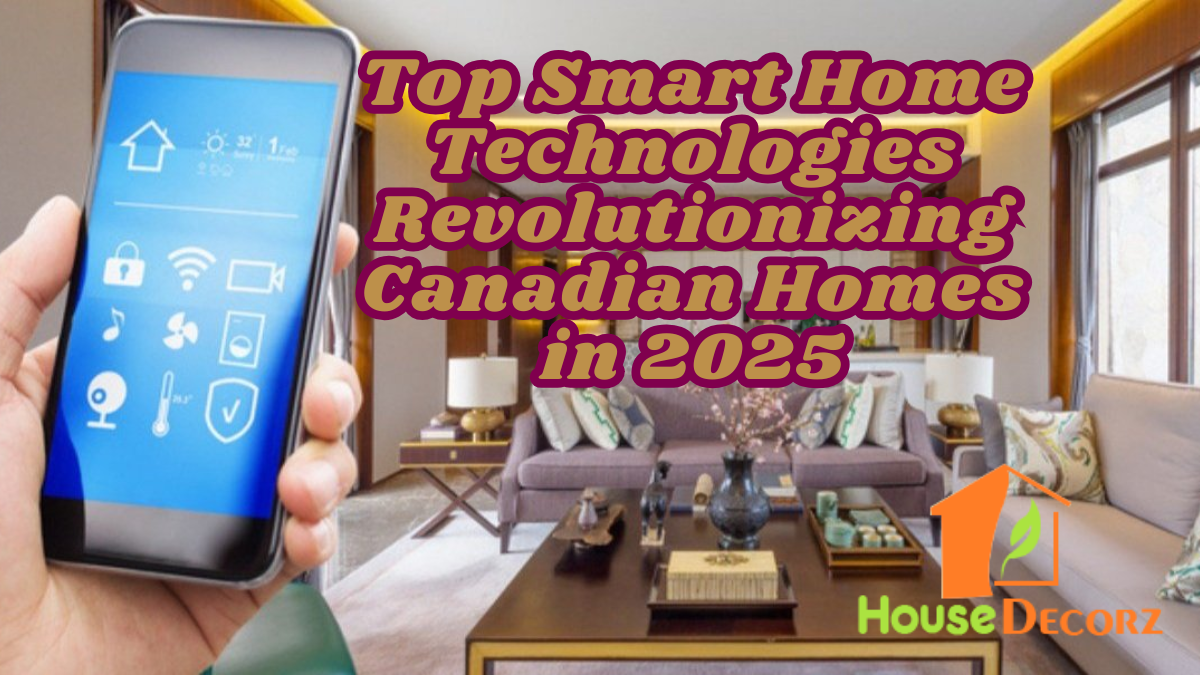
In 2025, Canadian homes are undergoing a digital transformation. With rapid advancements in Canada smart home technology 2025, more households are integrating devices that improve convenience, boost security, and lower energy costs.
From voice-activated assistants to intelligent thermostats, smart tech is no longer a luxury—it’s quickly becoming standard.
Here’s a look at the most impactful innovations driving the future of home automation 2025 and changing the way Canadians live, manage, and interact with their spaces.
Canada Smart Home Technology 2025
AI-Powered Voice Assistants: More Intelligent Than Ever
Voice assistants like Amazon Alexa, Google Assistant, and Apple’s Siri have evolved significantly. In 2025, these platforms now act as central hubs for smart gadgets Canada consumers are adopting in record numbers. They don’t just follow commands—they anticipate needs.
For instance, modern voice assistants can suggest turning on your heating before a snowstorm hits or remind you to lock your front door when you leave. Integration with calendars, shopping lists, and even health tracking creates a seamless, hands-free experience across devices.
Smart Thermostats and Climate Control
Energy efficiency is a major focus in Canadian homes, especially during extreme seasonal shifts. Advanced smart thermostats like the latest Nest and Ecobee models use AI to learn your daily routine, adjusting temperatures accordingly. These devices can sync with weather forecasts and occupancy sensors to optimise comfort while cutting utility bills.
Some newer systems even offer room-by-room climate zoning, allowing you to control the temperature in different areas through your phone or voice command—a must-have in larger households.
Home Security Gets Smarter and Safer
Security systems in 2025 are more proactive than reactive. Modern smart home security includes doorbell cameras with facial recognition, motion-activated floodlights, and remote monitoring apps that let homeowners see and talk to visitors from anywhere.
Canadian cities are seeing a rise in multi-functional systems that integrate with emergency services. In case of break-ins or fire alarms, these setups can contact authorities automatically. Products like Ring, Arlo, and Vivint are gaining popularity for their user-friendly interfaces and reliable features.
Connected Appliances: Convenience Redefined
From fridges that notify you when groceries run low to ovens that preheat based on your recipe app, smart gadgets Canada residents are embracing include a growing array of connected kitchen and laundry appliances.
Samsung’s SmartThings platform and LG’s ThinQ technology allow users to monitor and control appliances from their smartphones. These systems can help reduce energy usage by optimizing performance and providing maintenance alerts.
Lighting Systems that Adapt to You
Smart lighting is no longer just about changing colours for mood. In 2025, these systems adjust automatically based on time of day, presence, or activity. For example, your lights can brighten slowly in the morning to mimic natural sunlight or dim at night to encourage better sleep.
Philips Hue, Nanoleaf (a Canadian company), and LIFX offer bulbs and panels that sync with music, voice control, and other home systems. This type of automation enhances ambiance and supports wellness.
Sustainable Smart Tech: Green Living Made Easy
Canada’s strong focus on sustainability is reflected in the smart home space. Solar panels with AI-powered energy management systems are becoming more common, allowing homeowners to track production and consumption in real time.
Smart irrigation systems for lawns and gardens adjust watering schedules based on weather and soil sensors, saving water without sacrificing plant health. These innovations align with national goals for reduced carbon emissions and sustainable urban living.
Elderly Care and Accessibility Improvements
Smart home tech is also playing a vital role in elder care. Devices like fall detectors, medication reminders, and voice-activated emergency contacts help seniors live independently for longer.
Many home automation 2025 solutions now include accessibility features like motion-activated lights, automatic door openers, and voice-controlled blinds, improving day-to-day comfort for people with mobility challenges.
Recommendation
Top 5 Home Decor Subscription Boxes in the USA – 2025 Review & Comparison
15 Festive Home Decoration Ideas for Diwali, Christmas & More
10 Affordable DIY Decor Hacks That Instantly Transform Your Home
Cools Ways to Decorate Home with Books
Flower Decoration for Home: Bring Nature’s Beauty Into Your Living Space
FAQs
Q: What is the most popular smart home technology in Canada in 2025?
A: Voice assistants and smart thermostats top the list, offering convenience, control, and energy savings across various Canadian households.
Q: Are smart home devices expensive to install?
A: Costs vary, but many entry-level devices like smart bulbs and plugs are affordable. Long-term savings from energy efficiency often offset initial investment.
Q: Is home automation secure from hacking?
A: Most smart home systems now include advanced encryption and two-factor authentication. Regular updates and secure networks help reduce risks.
Q: Can I install smart home technology in an older house?
A: Absolutely. Most smart gadgets don’t require major rewiring. They connect via Wi-Fi or Bluetooth, making them suitable for older properties.
Q: What are the environmental benefits of smart homes?
A: Smart homes use energy more efficiently through automation and real-time monitoring, reducing electricity usage and supporting Canada’s sustainability goals.
Conclusion
In conclusion, Canada smart home technology 2025 is reshaping how Canadians live. It’s not just about high-tech appeal—these innovations offer practical solutions that enhance comfort, save energy, and increase safety. As technology continues to advance, embracing smart home systems today sets the stage for more connected, efficient, and resilient living tomorrow.

